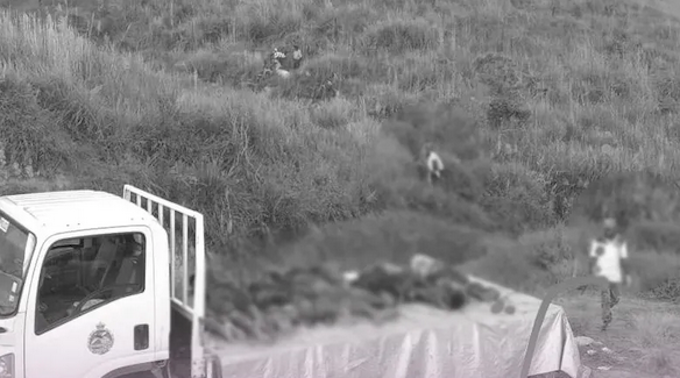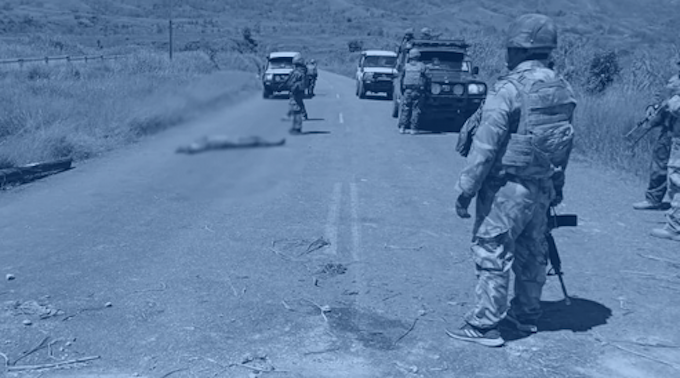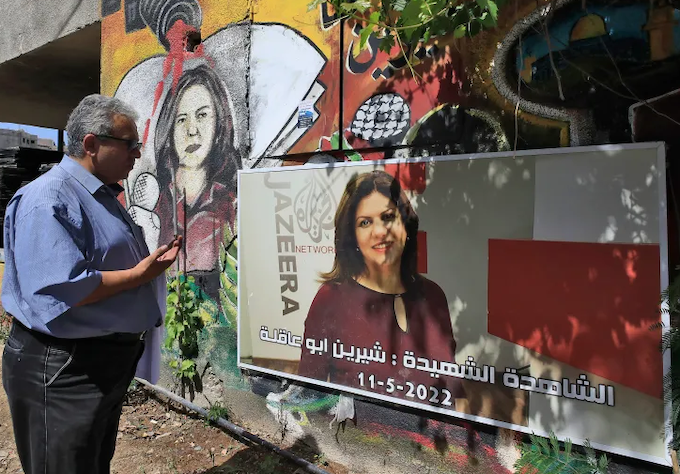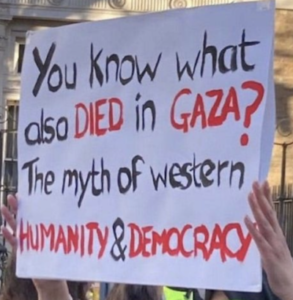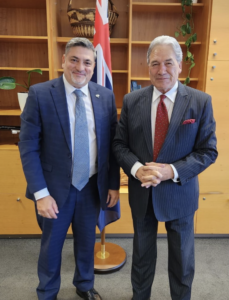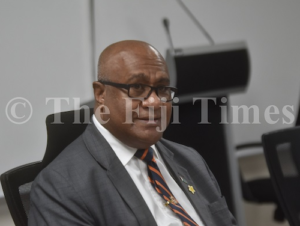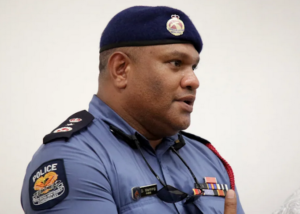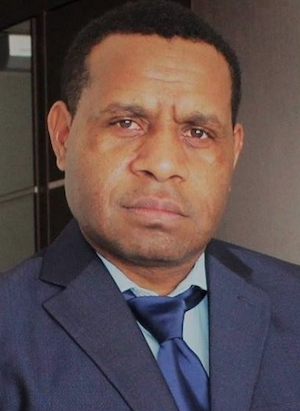By Gorethy Kenneth
Papua New Guinea’s image on the international stage took a battering yesterday when graphic images of dead bodies piled upon each other and displayed on roadsides in the restive Enga province went viral on social and mainstream media in the country and abroad.
More than 50 men were killed when two tribal enemies engaged in a brutal gun battle on Sunday morning from about 4am until 5pm in the afternoon at Birip 7mile village along the Highlands Highway between Wapenamanda and Wabag districts.
Local police said the ongoing guerilla warfare between the Saa Walep, Ambulyn tribes and their allies with Kaekin, Palinau and Sikin tribes have claimed hundreds of lives, devastation of land and properties and displacement of more than 20,000 people.
- READ MORE: Wapenamanda massacre: ‘Pregnant mothers fled for their lives’
- Wapenamanda massacre — 50 killed in PNG’s worst tribal fighting
- Other PNG tribal warfare reports
Graphic images and news of the killings spread swiftly through Australia and other parts of the region yesterday morning.
Police said very high-powered weapons, including military grade guns, were used in the killings, and that many more bodies were yet to be recovered.
While the massacre took place on Sunday morning, by 1pm yesterday, Police Minister Peter Tsiamalili Jr said there were “46 hired gunman dead! 3 locals only!” and that
“This trend of hired gunmen is a build up of more then 15 plus years!”
Police Commissioner David Manning said: “The multiple deaths that occurred from a tribal clash in the vicinity of Wapenamanda, Enga Province, was a disgraceful act of barbarity.”
‘We label this domestic terrorism’
Prime Minister James Marape said: “We label this as almost domestic terrorism — you [are] terrorising the society, you disturb against a community, that’s terrorism.”
“As Prime Minister, I am deeply moved and I am very, very concerned, I am very, very angry, in between these many words that you could express in as far as communities not responding to the rule of law.”
He went on to say: “I just want to appeal to our people in Enga, especially the tribal warriors, there is no prize to be engaged in tribal fights.
“We have great concern for what is happening in Enga Province, to lose one life, let alone many lives does not evade our consciousness and our concern.”
Australian Prime Minister Anthony Albanese also responded to media queries, saying he was very concerned about the fresh spate of violence in Enga, a province that had seen considerable Australian and other investments.
Graphic news and images of the slaughter, which police said included women and
children, were shared widely on social and mainstream media all of Sunday evening and yesterday.
Senior policeman Samson Kua, who is in charge of the western end of the Highlands region, said high powered firearms such as self-loading rifles (SLR), M4 machine guns, AR 15, M16s, pump action shot guns and other weapons were used in the killings.
‘Hang their heads in shame’
“All leaders based outside of Wabag who are related to the conflicting tribes must now hang their heads in shame and assist police on the ground in Enga to stop the tribal fight once and for all,” Kua told the Post-Courier.
“There has been enough destruction to properties and establishment. Now it has claimed many lives.”
Kua said policemen could not go between the warring tribes when high-powered firearms are being used.
“[Sunday’s] mass killings nearly claimed the lives of some policemen and soldiers as well.
“In any tribal fights when there is massive use of high-powered firearms, there is no winner to the fight. Common sense must apply here, anyone who takes part know the outcome when he is involved. Let’s all try and work together to stop the tribal conflict.”
East Sepik Governor Allan Bird, who is the opposition’s candidate for prime minister in an impending vote of no-confidence on the government, was stinging in his criticism of the government’s lack of response and quick action.
“We regret the senseless violence that has resulted in families losing fathers, brothers and sons. We also regret the collateral damage that these situations cause with women and children being assaulted and abused,” he said.
‘Deplorable death tally’
“It is deplorable that the death tally of senseless violence continues to increase under their watch.
“We need results, not rhetoric. The country is experiencing serious law and order issues — it’s a war zone in some parts of the country.
“We need our law enforcement agencies to be ready, prepared, and willing to tackle these situations.
“The country needs strong action now. The government needs to restore law and order for our rural people urgently.”
But Marape defended his government saying: “Police have been looking into what has been happening in Enga, in terms of contact tracing, finding out who is responsible, I want to relate to our youths who are holding guns out there, people outside who are sponsoring, will not be there to answer to you.”
Gorethy Kenneth is a senior PNG Post-Courier article. Republished with permission.
This post was originally published on Asia Pacific Report.

